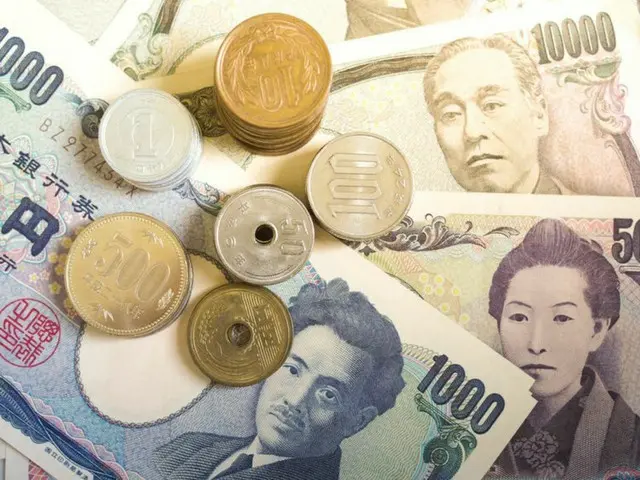The total GNI per capita was $401 (approximately 62,400 yen) higher than Japan's per capita GNI last year ($35,793/approximately 5.57 million yen).
Among these countries, Korea is expected to rank 6th in the world, following the United States, Germany, the United Kingdom, France, and Italy. This is a statistical phenomenon that occurs due to a change in the base year, and it is not clear whether the actual number of cases will be increased or decreased.
Many have pointed out that this is meaningless. The Bank of Korea changed the base year for its GDP calculation system from 2015 to 2020. As a result, the GNI per capita was 30,374.
This means that the average annual income increased by 7.2% from $5 (approximately 5.25 million yen) to $36,194 (approximately 5.63 million yen). Since the economic structure changes slightly every year, this is reflected in the statistics in five-year increments.
Nevertheless, the fact that South Korea's GNI per capita has surpassed Japan's is significant from two perspectives. First, it is the result of the growth of the South Korean economy. The change in the base year is a correction of a statistical error.
This should be seen as a positive thing. The Korean economy is seeing the rapid development of new industries and products due to technological advances.
An example is AI-related businesses. In 2015, the added value of these fields was not included. The change in the base year will include growth that was not previously reflected.
Another point of view is that it is the result of the recession of the Japanese economy. Japan's GNI per capita is expected to drop to 36,337 million by 2022 due to the weak yen.
The dollar declined 1.5% from $3,579.00 in 2018 to $35,793 in 2019. The decline becomes even more noticeable when the time series is expanded.
According to the Economic Co-operation and Development Organization (ECOS), until 2003, Japan's per capita GDP ($35,410/approximately JPY 5.51 million) was 2.4 times that of South Korea's ($14,672/approximately JPY 2.28 million).
However, over the past 20 years, South Korea's GDP has increased 2.3 times, while Japan's has declined by 4%. The decline of the Japanese economy is the result of the inability to overcome the limitations of productivity due to a declining population caused by a low birth rate and an aging society, and technological stagnation.
The fact that South Korea has overtaken Japan in terms of GNI per capita shows us that only continuous structural reform and technological innovation are the way to achieve "sustainable growth."
2024/06/07 07:05 KST
Copyrights(C) Edaily wowkorea.jp 107

